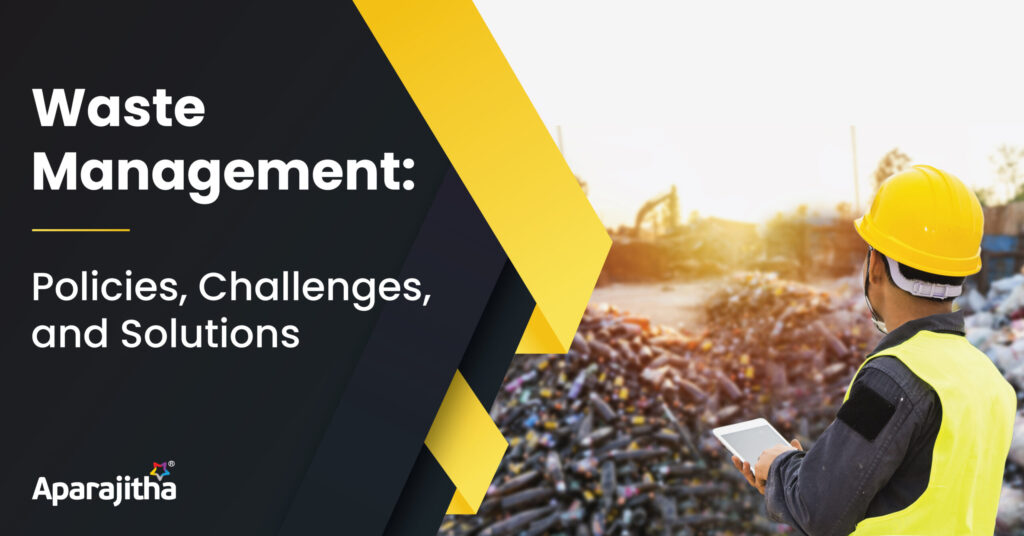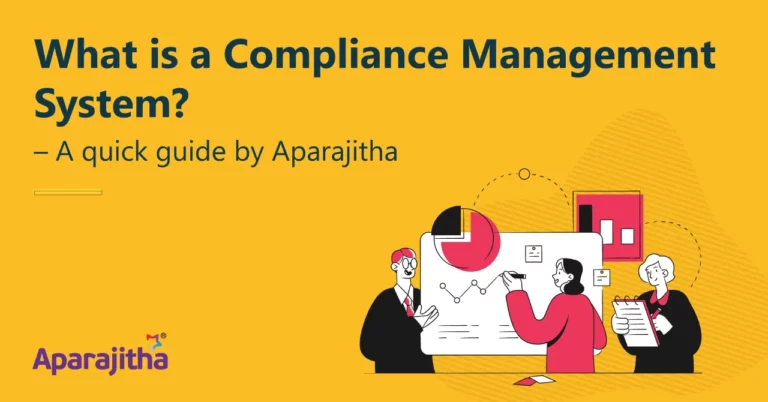People are increasingly becoming aware of hygiene and healthcare, and especially after COVID-19, the preference for using single-use plastic has increased significantly. Along with that, with increasing industrial development, the generation of waste is also increasing. Countries across the globe are faced with the rising heaps of waste. Even though many countries have implemented waste disposal systems, the rate of waste generation is significantly higher than that of waste disposal. Another step taken by the governments is ensuring regulatory compliance towards waste disposal, penalizing any establishment, industry, etc., who are in violation of such norms. Even with these checks and balances and other initiatives towards waste disposal, more needs to be done to reverse the waste problems that are rising for economies across the globe.
The world has seen some successful strategies implemented in recent years, which have made the reversal process slightly easier. Most of these strategies placed a burden on the producers instead of the consumer to ensure that the waste they produced is disposed of or recycled. The EU Directive on Single-Use Plastic, which was enacted in July 2021, placed the burden on the producers (through Extended Producer Responsibility) to collect, sort, and thereafter recycle the packaging that they have used for their products. They have further restricted the use of single-use plastic containers, cutleries, plates, cotton buds, straws, and balloon sticks. Wet wipes and sanitary items also came into the ambit of the EU Directive on Single-Use Plastic. In a similar fashion, Hong Kong also included a Plastic Shopping Bag Charging Scheme, as well as Producers’ responsibility for disposing of Electrical and Electronic Equipment. Further, recently, Hong Kong also implemented certain laws against the sale of plastic items, such as straws, stirrers, cutlery, plates, cups, cup lids, food containers, and food container covers, to local end–consumers, including catering premises.
While there are many such schemes and initiatives taken up by various governments, such as Norway, the United States of America, etc., India has its own set of policies and laws to manage waste. Environmental (Protection) Act, 1986 is the empowering legislation that guides India through three key principles, which are (a) sustainable development, (b) precaution towards avoiding environmental degradation and hazards, and (c) polluter pays, which ensures that the polluter should pay for the damages and harm caused to the environment by their own acts. Section 9 of the Environment (Protection) Act, 1986 lays down the polluter pays principle, whereby any expense that has been incurred to restore the environment on account of any person’s activities harming the environment has to be paid by the person causing harm. The Act is also empowered to remove the corporate veil, and in case a company is responsible for polluting, then the officer under whose order such activities have been carried out will be held responsible.
Additionally, the Government of India has enacted specific laws for specific kinds of waste. This ensures that not just the general principle but also specific issues of each kind of waste are tackled and the correct entity, polluting the environment in whatever manner, is held responsible. It also ensures that a correct mechanism is set as regulatory compliance to ensure that there is no waste which is generated, and if generated, it is adequately disposed of.
In this series of articles, we are going to dive deeper into different kinds of waste, which are:
- Hazardous Waste
- Construction and Demolition waste
- Municipal Waste
- Plastic Waste
- E-waste
- Bio-Medical Waste
- Battery Waste
- Radioactive Waste
We will be exploring the legislation implemented by the Government of India, specifically around each waste and the compliances a company needs to ensure in relation to such waste. We will also be exploring specific industries that are under the purview of such laws more than others and the effect of non–compliance with such laws.







